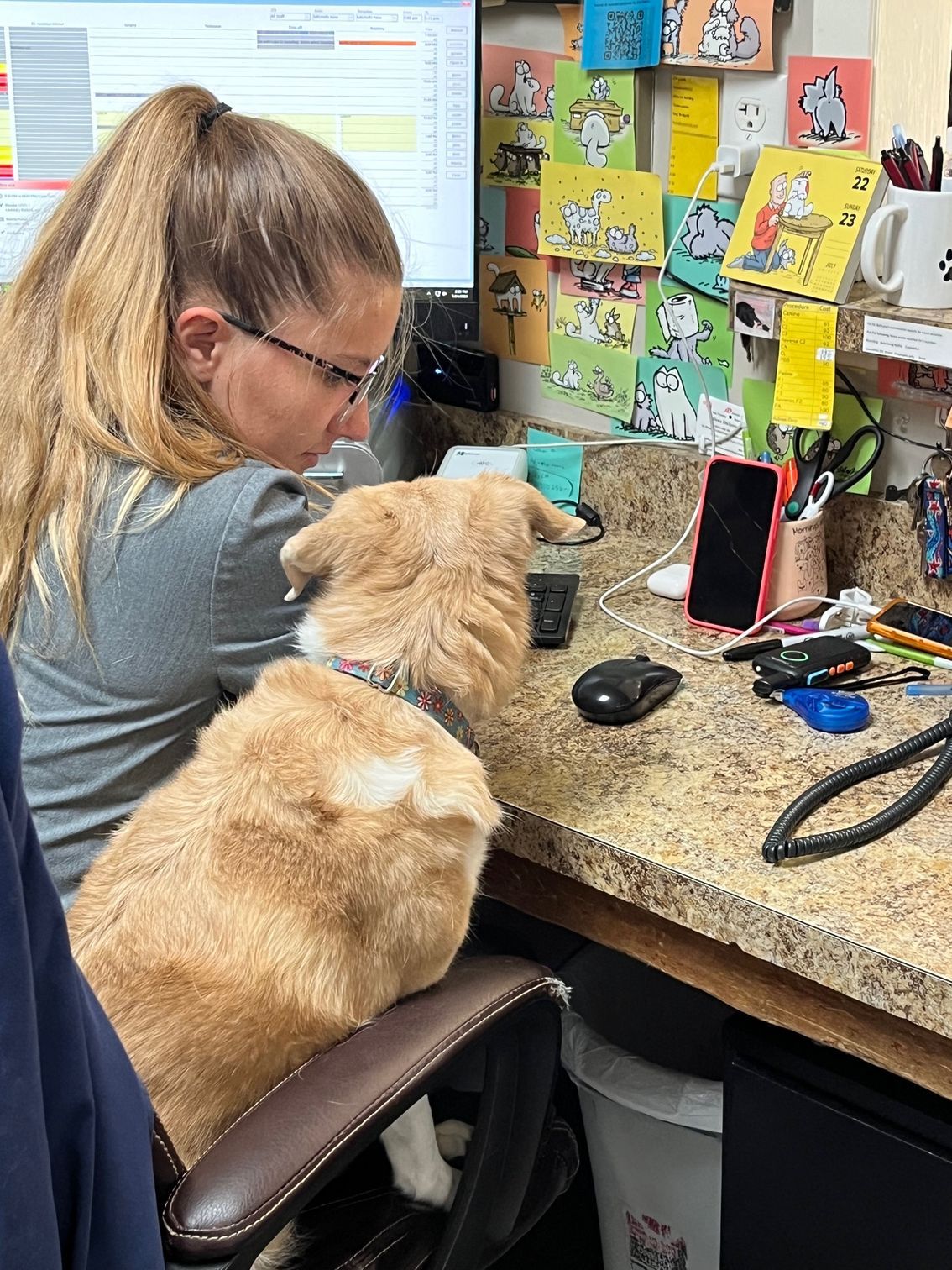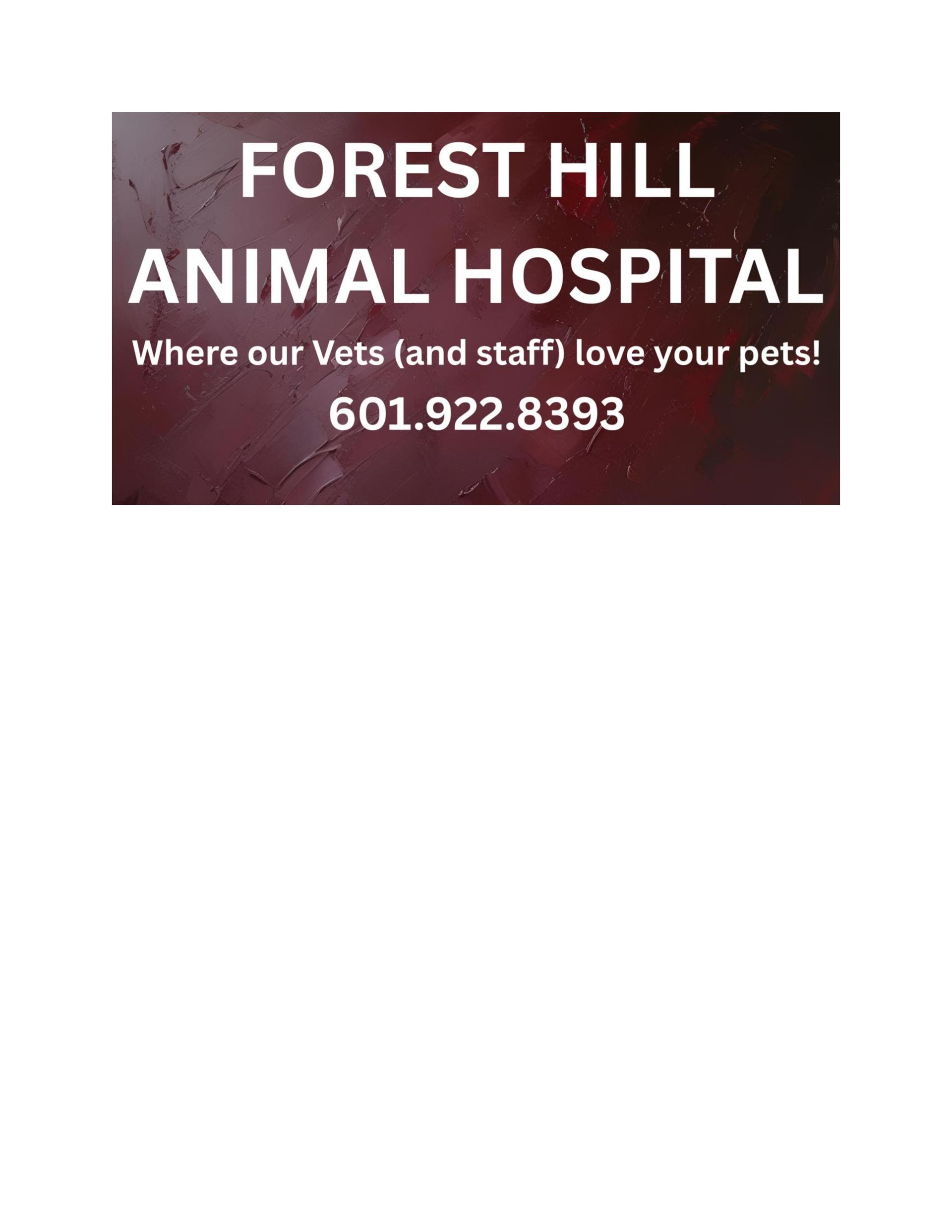Canine Vaccine Schedules
Vaccination is a key component in ensuring the health and longevity of your canine companion. By adhering to a proper vaccine schedule, you can protect your dog from potentially life-threatening diseases and contribute to a healthier community. This guide provides a detailed overview of canine vaccine schedules, including core and optional vaccinations, timelines, and tips for responsible pet care.
The Importance of Vaccination
Vaccines help stimulate your dog's immune system to recognize and fight specific pathogens effectively. By vaccinating your dog, you reduce the risk of illness and prevent the spread of infectious diseases within the pet population. Vaccination is particularly important for puppies, whose immune systems are still developing, and for older dogs who may be at higher risk of complications from diseases.
Types of Canine Vaccines
Core Vaccines
Core vaccines are essential for all dogs, regardless of their lifestyle or location. These vaccines protect against diseases that are widespread, highly contagious, and pose significant risks to a dog's health. Core vaccines typically include:
Rabies: Protects against the rabies virus, which is fatal and transmissible to humans. Rabies vaccination is often legally required.
Canine Distemper: Guards against a serious viral disease affecting the respiratory, gastrointestinal, and central nervous systems.
Canine Parvovirus: Prevents a highly contagious and life-threatening gastrointestinal illness.
Canine Adenovirus-2: Protects against infectious hepatitis and respiratory infections.
Non-Core (Optional) Vaccines (Lyme & CIV are our only Optional Vaccines)
Non-core vaccines are recommended based on your dog's lifestyle, geographic location, and exposure risks. These vaccines include:
Bordetella Bronchiseptica: Helps prevent kennel cough, especially important for dogs frequently exposed to other dogs in boarding facilities or social settings.
Leptospirosis: Protects against a bacterial infection that can spread through contaminated water or soil.
Lyme Disease: Recommended for dogs in areas with a high prevalence of ticks.
Canine Influenza: CIV Prevents respiratory illness caused by canine flu viruses.
Parainfluenza: Often included in combination vaccines to protect against respiratory infections.
Our Vaccination Schedule for Dogs
Setting up a proper vaccination schedule is vital for ensuring immunity at the right time. Below is a general timeline for vaccinating your dog:
For Puppies
- 6-9 weeks: First vaccines for distemper, parvovirus, and adenovirus-2.
- 10-13 weeks: Booster for distemper, parvovirus, adenovirus-2, and first Bordetella. (Lyme can be started at this time as well)
- 14-16 weeks: Final puppy booster; Second Bordetella, & Rabies vaccine is often administered at this time.
For Adult Dogs
- 1 year: Booster for all core vaccines; additional protection against non-core diseases based on lifestyle. We also check for heartworms and do a fecal float.
- 6 months after Final puppy vaccines and after a Canine Annual we do a Brief exam, booster the Bordetella Vaccination, and do a fecal float.
For Senior Dogs
- Annual & Bi-Annual wellness exams should include a review of vaccine needs to ensure continued protection without over-vaccinating.
Potential Side Effects
While vaccines are generally safe, some dogs may experience mild side effects, such as lethargy, swelling at the injection site, or a low-grade fever. Severe allergic reactions are rare but require immediate medical attention. Discuss any concerns with your veterinarian before vaccination.
Tips for Responsible Vaccination
- Work closely with your veterinarian to tailor a vaccination plan to your dog's specific needs.
- Keep detailed records of your dog's vaccination history.
- Avoid skipping/ delaying vaccines, as this can leave your dog vulnerable to preventable diseases.
- Consider the risks and benefits of non-core vaccines based on your dog's locale and activities.
Vaccination is an essential part of responsible pet ownership. By following a proper vaccine schedule, you ensure your dog remains healthy, active, and protected against preventable diseases. Regular veterinary check-ups and open communication with your veterinarian will help you maintain your dog's immunity and overall well-being. With timely and appropriate vaccines, you provide your canine companion with the best chance for a long, fulfilling life.










